Best movies like Ivan the Terrible, Part II: The Boyars' Plot
A unique, carefully handpicked, selection of the best movies like Ivan the Terrible, Part II: The Boyars' Plot Starring Nikolai Cherkasov, Serafima Birman, Pavel Kadochnikov, Mikhail Zharov, and more. If you liked Ivan the Terrible, Part II: The Boyars' Plot then you may also like: The Vow, The New Babylon, Nicholas and Alexandra, October (Ten Days that Shook the World), Outlaw King and many more popular movies featured on this list. You can further filter the list even more or get a random selection from the list of similar movies, to make your selection even easier.
This is the second part of a projected three-part epic biopic of Russian Czar Ivan Grozny, undertaken by Soviet film-maker Sergei Eisenstein at the behest of Josef Stalin. Production of the epic was stopped before the third part could be filmed, due to producer dissatisfaction with Eisenstein's introducing forbidden experimental filming techniques into the material, more evident in this part than the first part. As it was, this second part was banned from showings until after the deaths of both Eisenstein and Stalin, and a change of attitude by the subsequent heads of the Soviet government. In this part, as Ivan the Terrible attempts to consolidate his power by establishing a personal army, his political rivals, the Russian boyars, plot to assassinate him.
You may filter the list of movies on this page for a more refined, personalized selection of movies.
Still not sure what to watch click the recommend buttun below to get a movie recommendation selected from all the movies on this list
The New Babylon
In the short-lived Commune of Paris, a conscripted soldier falls in love with a Communard saleswoman. As the army cracks down on the revolutionaries, the soldier is forced to fight against the Commune, and the pair's love is put to the test.
Nicholas and Alexandra
Tsar Nicholas II, the inept last monarch of Russia, insensitive to the needs of his people, is overthrown and exiled to Siberia with his family.
October (Ten Days that Shook the World)
Sergei M. Eisenstein's docu-drama about the 1917 October Revolution in Russia. Made ten years after the events and edited in Eisenstein's 'Soviet Montage' style, it re-enacts in celebratory terms several key scenes from the revolution.
Outlaw King
Forced into exile by the English after being crowned King of Scotland, legendary warrior Robert the Bruce fights to reclaim the throne.
Agony: The Life and Death of Rasputin
Russian monk Grigori Rasputin rises to power, which corrupts him along the way. His sexual perversions and madness ultimatly leads to his gruesome assasination.
Alexander Nevsky
When German knights invade Russia, Prince Alexander Nevsky must rally his people to resist the formidable force. After the Teutonic soldiers take over an eastern Russian city, Alexander stages his stand at Novgorod, where a major battle is fought on the ice of frozen Lake Chudskoe. While Alexander leads his outnumbered troops, two of their number, Vasili and Gavrilo, begin a contest of bravery to win the hand of a local maiden.
Battleship Potemkin
A dramatized account of a great Russian naval mutiny and a resultant public demonstration, showing support, which brought on a police massacre. The film had an incredible impact on the development of cinema and is a masterful example of montage editing.
The Color of Pomegranates
The life of the revered 18th-century Armenian poet and musician Sayat-Nova. Portraying events in the life of the artist from childhood up to his death, the movie addresses in particular his relationships with women, including his muse. The production tells Sayat-Nova's dramatic story by using both his poems and largely still camerawork, creating a work hailed as revolutionary by Mikhail Vartanov.
The Death of Stalin
When dictator Joseph Stalin dies, his parasitic cronies square off in a frantic power struggle to become the next Soviet leader. As they bumble, brawl and back-stab their way to the top, the question remains — just who is running the government?
Ivan Vasilyevich Changes His Profession
A scientist builds a time machine and accidentally sends his apartment complex manager and a petty burglar to 16th century Moscow, while Tsar Ivan the Terrible travels to 1973.
Ivan the Terrible, Part I
Set during the early part of his reign, Ivan faces betrayal from the aristocracy and even his closest friends as he seeks to unite the Russian people. Sergei Eisenstein's final film, this is the first part of a three-part biopic of Tsar Ivan IV of Russia, which was never completed due to the producer's dissatisfaction with Eisenstein's attempts to use forbidden experimental filming techniques and excessive cost overruns. The second part was completed but not released for a decade after Eisenstein's death and a change of heart in the USSR government toward his work; the third part was only in its earliest stage of filming when shooting was stopped altogether.
The General Line
Also known as The Old and the New (Staroye i Novoye), The General Line illustrates Lenin’s stated imperative that the nation move from agrarian to industrial culture in an epic ode to farm-collectivization progress.
Shadow Conspiracy
Bobby Bishop is a special assistant to the President of the United States. Accidentally, he meets his friend professor Pochenko on the street. Pochenko has time to tell Bishop about some conspiracy in the White House but then immediately gets killed by an assassin. Now bad guys are after Bobby as the only man who knows about a plot. Bishop must now not only survive, but to stop the conspirators from achieving their goal. And he doesn't know whom to trust.
Trust
Directed by Edvin Laine and Viktor Tregubovich, Trust (1976) is a Finnish-Soviet historical drama film that follows the relations between Finland and the Soviet Union. In December 1917, the Finnish delegation, composed of Chairman of the Senate Finance Department P.E. Svinhufvud (Vilho Siivola), Senator Carl Enckell (Yrjö Tähtelä) and State Secretary Gustaf Idman (Yrjö Paulo) arrive in St. Petersburg to meet V.I. Lenin (Kirill Lavrov) to gain recognition for the country's independence.
Rasputin and the Empress
The story of corrupt, power-hungry, manipulative Grigori Rasputin's influence on members of the Russian Imperial family and others, and what resulted.
Revealing Ukraine
"Revealing Ukraine" by Igor Lopatonok continues investigations on of the ongoing Ukrainian crisis following "Ukraine on Fire". In addition, it analyzes the current political backstage and its dangerous potential for the world.
At the Beginning of Glorious Days
Late 17th century. With no access to the sea, Russia suffers great losses in foreign trade. Peter tries to capture the Turkish fortress of Azov, but with no success: he can win only if he has a fleet. Peter’s ukases provoke the Boyars’ indignation. Europe looks in amazement: the Russian tsar begins to work at a Dutch shipyard learning the subtleties of shipbuilding?! But his training is cut short. Peter has to return to Russia in order to brutally suppress the Streltsy rebellion organized by his sister Sophia.
Saving Lincoln
The almost entirely true story of Abraham Lincoln and his self-appointed bodyguard, U.S. Marshal Ward Hill Lamon - a banjo-playing Southerner who foiled repeated attempts on the President's life, and kept him functioning during the darkest hours of the Civil War.
The Youth of Peter
The years of the tsar’s adolescence and youth were permeated with deadly danger coming from some of the Boyars, the rebellious Streltsy and Tsarevna Sophia who aspired for power. But already at that early time Peter demonstrates a profound, bright intellect, a strong will and the sense of purpose, which help him disarm both his open and secret enemies.
Peter the First, Part I
This, the first Soviet depiction of Peter the Great, set the stage for what would become the post-Revolutionary line concerning the early Romanovs. Rulers like Ivan the Terrible and Peter the Great were widely admired for their dedication to Russia and their absolute determination to enhance her position in the world. But praise for the hated later Romanovs conflicted too heavily with the very beliefs that had brought about the Revolution in 1917.
Stepan Razin
Don Cossack Stepan Razin boyars vowed revenge for his friends tortured torture. As head of the rebellious peasants, he becomes the leader of the whole army. With all the Russian land flock to him humiliated and oskorblennye.Tsar Alexey concerned the growing power Ataman. Church anathematizes Stepan collected in the march on Moscow. Regular king's troops manage to stop rebel forces near the walls Simbirska.Spodvizhniki perish, and the chieftain captured. Severe torture did not break the will of Razin.
Pugachev
Don Cossack Emelyan Pugachev says goodbye to his wife and children and goes to run. The elder Filaret blesses him to lead a rebellion under the name of Peter III of Russia. The insurgents dealt with the feudal lords cruelly. Queen Catherine the Great directs troops against the rioters. Traitors betray Emelyan, and now he is being transported across Russia in an iron cage.
Peter the First, Part II
Depicts Russian Tsar Peter the First's conquest over the Swedes and his son Aleksey's plot to overthrow him.
Hostile Whirlwinds
About the first years of the formation of Soviet power, about the life and work of Feliks Dzerzhinsky in 1918-1925. The film covers the most important episodes of his biography. In July 1918, as a result of a revolt of the Left Socialist Revolutionaries, the German ambassador Mirbach was killed. Feliks Dzerzhinsky alone goes to the headquarters of the Left Socialist Revolutionaries and Anarchists, he manages to persuade ordinary soldiers and sailors, participants in the rebellion, who are now cracking down on their leaders. In 1921, Dzerzhinsky was aimed at combating homelessness, as a result of which, by 1925, former homeless children, having completed their studies, were sent to the construction of Yugostal, the largest industrial plant in Ukraine.
Russia vs. the World
Fiona Shaw narrates this exploration of Russia's medieval origins through to its bloody expansion to become the biggest country in the world. It's a tale that set the scene for one of the world's most enigmatic figures, and his vision of modern Russia. From a tyrannical grip on ordinary citizens to rampant corruption at the highest level, this film reveals the secrets behind holding the world's largest country together in a narrative that takes in the KGB and its ancestors as well as Stalin, murder and gulags.
Boris Godunov
Praised for its fine photography and production design if not its narrative, Sergei Bondarchuk directed this adaptation of the tale by Alexander Pushkin. Boris Godunov came to the Czarist throne at the end of the 16th century, after the original heir to Ivan the Terrible had died. At first, things went well for Godunov (played by Bondarchuk), but when the Russian people began to believe he had killed Ivan the Terrible's son in order to gain the throne, an alliance sprang up against the new Czar. Events continued to spin out of control as a young monk was presented as the son Godunov had supposedly killed. Now he was openly accused of failing an assassination attempt, which seems to be even worse than succeeding. In addition to these woes, Boris Godunov began to suffer serious health problems. So much for the joys of kingship.
The Battle of Stalingrad
A 1949 two-part Soviet epic war film about the Battle of Stalingrad, directed by Vladimir Petrov. The script was written by Nikolai Virta.
Hurray Mexico!
Unedited film that Sergei Eisenstein, Grigoriy Aleksandrov and Eduard Tisse shot in Mexico 1931-32. This record only represents the 200,000-plus feet of unedited film that Sergei Eisenstein, Grigoriy Aleksandrov and Eduard Tisse shot in Mexico 1931/32 for Mary and Upton Sinclair and three American co-financiers. It was Eisenstein's vision to end up with movie about Mexico in six parts called "Calavera", "Sandunga", "Maguey", "Fiesta", "Soldadera", and "Epilogue". The project was canceled before it was completed due to cost overruns and months-delayed completion, and the producers refused to let Eisenstein attempt to edit anything from the material he had finished after Iosif Stalin called him back to the USSR. From this footage the following pictures were subsequently edited by other hands: Thunder Over Mexico (1933), Eisenstein in Mexico (1933), Death Day (1934), Time in the Sun (1940), and Que Viva Mexico (1979).
The Unforgettable Year 1919
Soviet propaganda film in two episodes about Stalin's strong and cruel suppression of the 1919 anti-communist uprising in St. Petersburg, Russia. Stalin and Lenin are shown as heroes who destroyed the efforts of anti-communists led by White Russians with support from "bad" British capitalists headed by Sir Winston Churchill and Lloyd George.


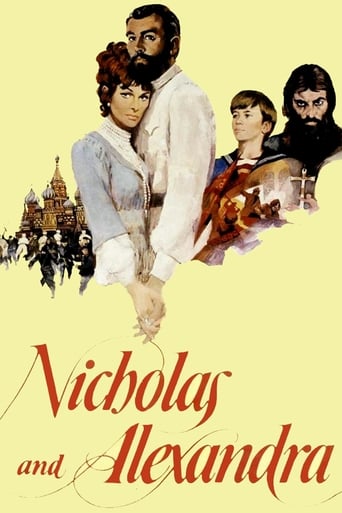

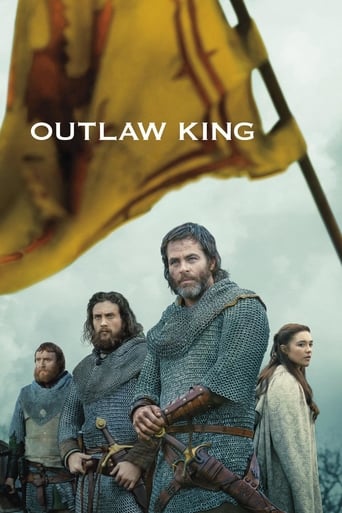




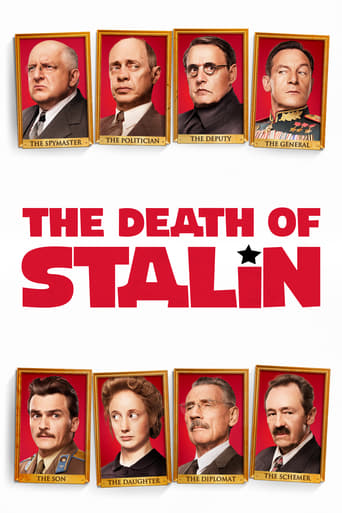




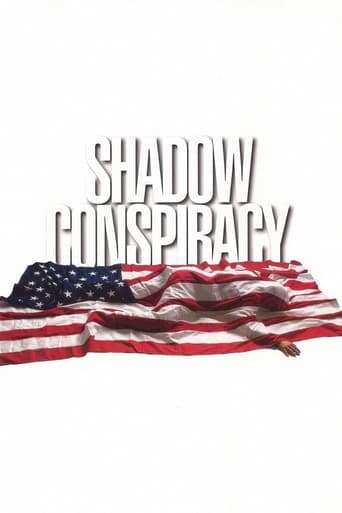



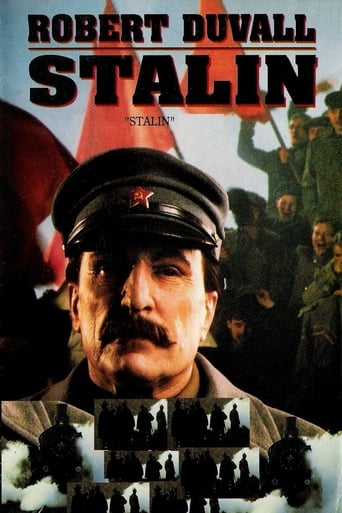












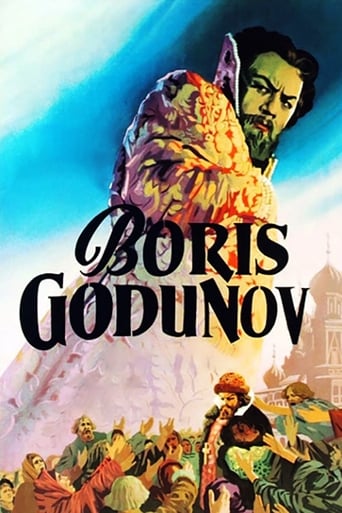




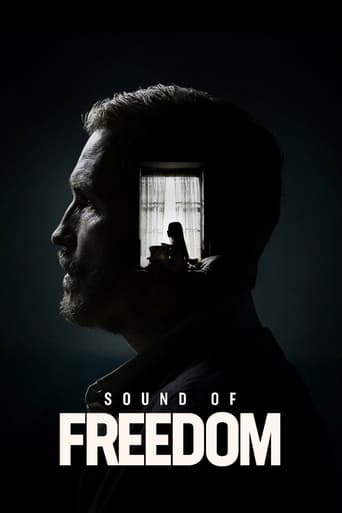
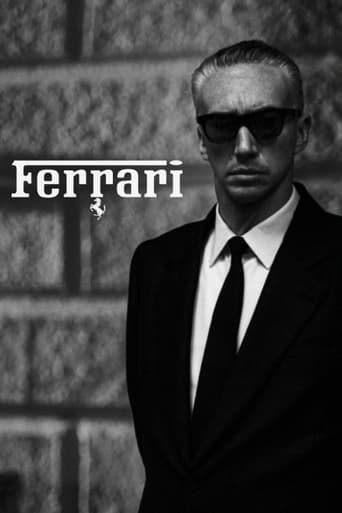
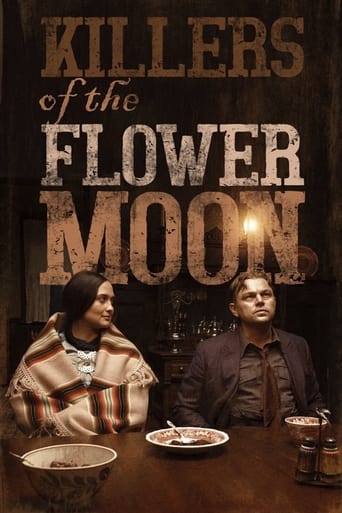
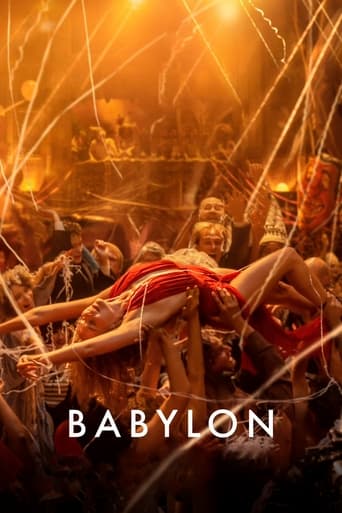
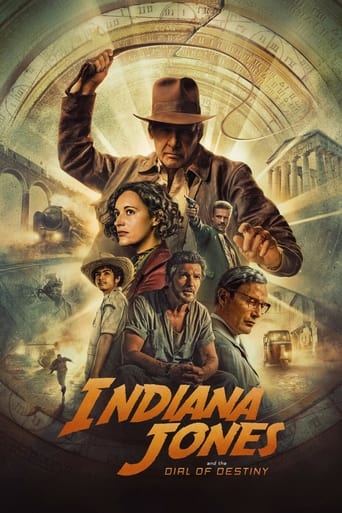
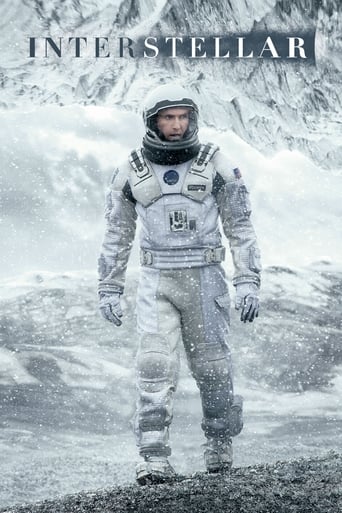
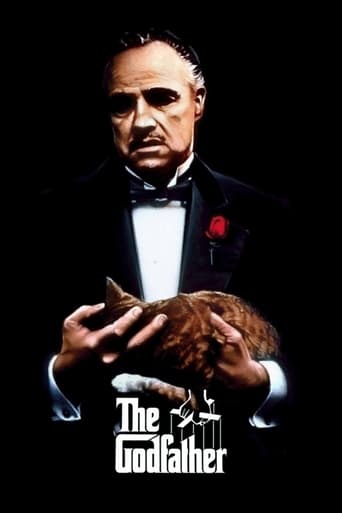
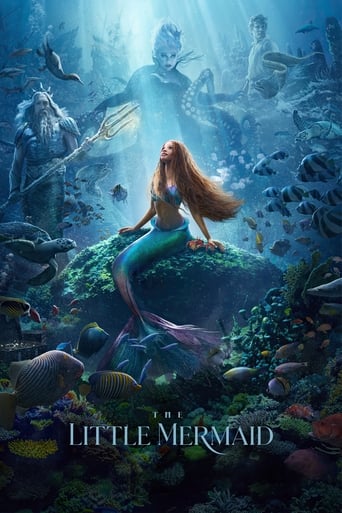
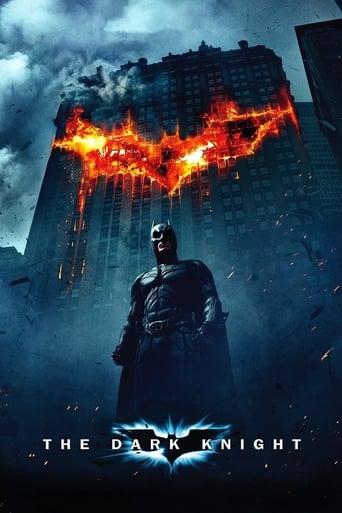
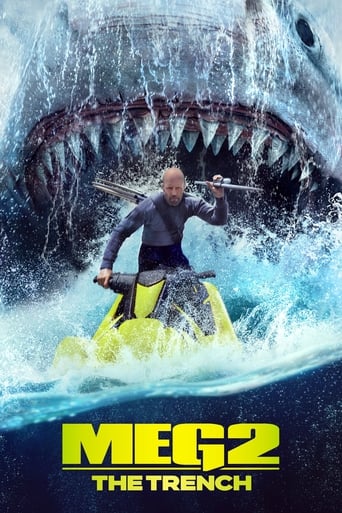
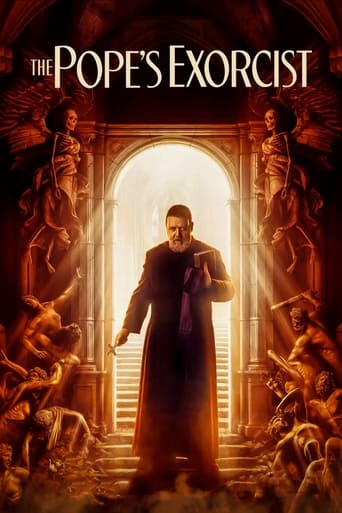
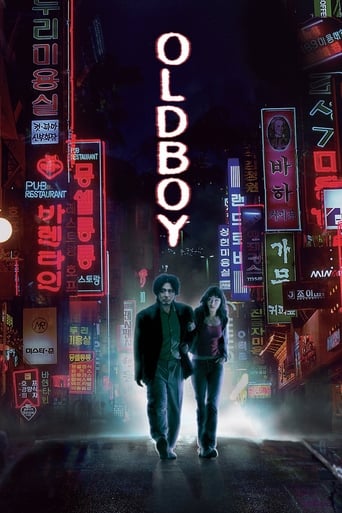
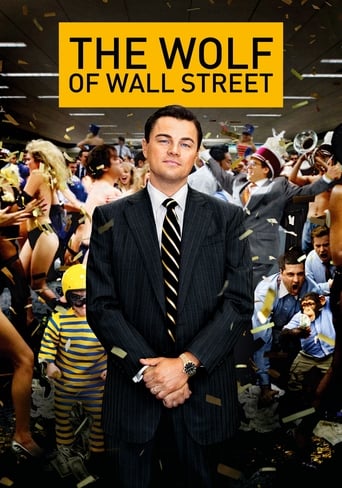
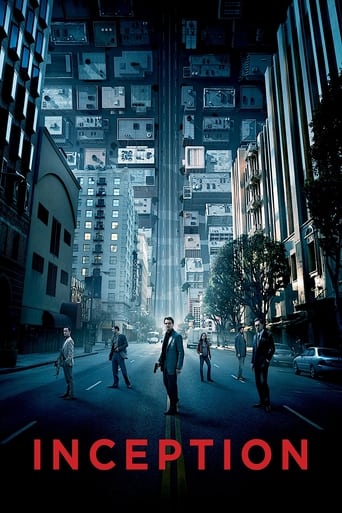
The Vow
The story of Stalin and the Soviet people.